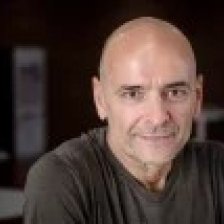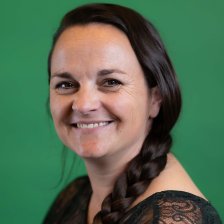Pressure ulcers (PU’s) are one of the most common complications in individuals with spinal cord injury (SCI), resulting from sitting for extended periods, disuse atrophy, increased sitting pressure, and reduced circulation.
PU’s can limit mobility, independence and decrease quality of life, and are an important cause of re-hospitalization, they can lead to osteomyelitis, sepsis and even death.
Compared with usual care, activation of paralyzed muscles using ES has been shown to markedly increase paralyzed muscle mass and improve muscle and skin circulation, and might therefore be a useful method to reduce PU incidence.
In SCI PREVOLT, we will conduct a prospective multicenter RCT with an economic and process evaluation alongside. The study population will exist of 100 participants with SCI, recruited in rehabilitation centers specialized in SCI rehabilitation throughout the Netherlands.
In addition to usual care, the intervention group will receive ES of the hamstrings and gluteal muscles for a minimum of 1 hour a day, 4 days a week for 12 months. The control group will only receive usual care.
The aim of this study is:
- to investigate whether daily electrical stimulation can prevent recurrent PU’s and positively influence the risk factors for PU’s (seating pressure distribution, muscle mass and blood flow).
- To determine the cost-effectiveness of this method compared with usual care alone.
- To investigate facilitators and barriers for the implementation and sustainability of daily electrical stimulation within usual care.
- To evaluate the long-term usability and user-friendliness of this electrical stimulation system.
Researchers involved:
- dr. Sonja de Groot;
- Boas Wijker, PhD candidate, VU Amsterdam.




